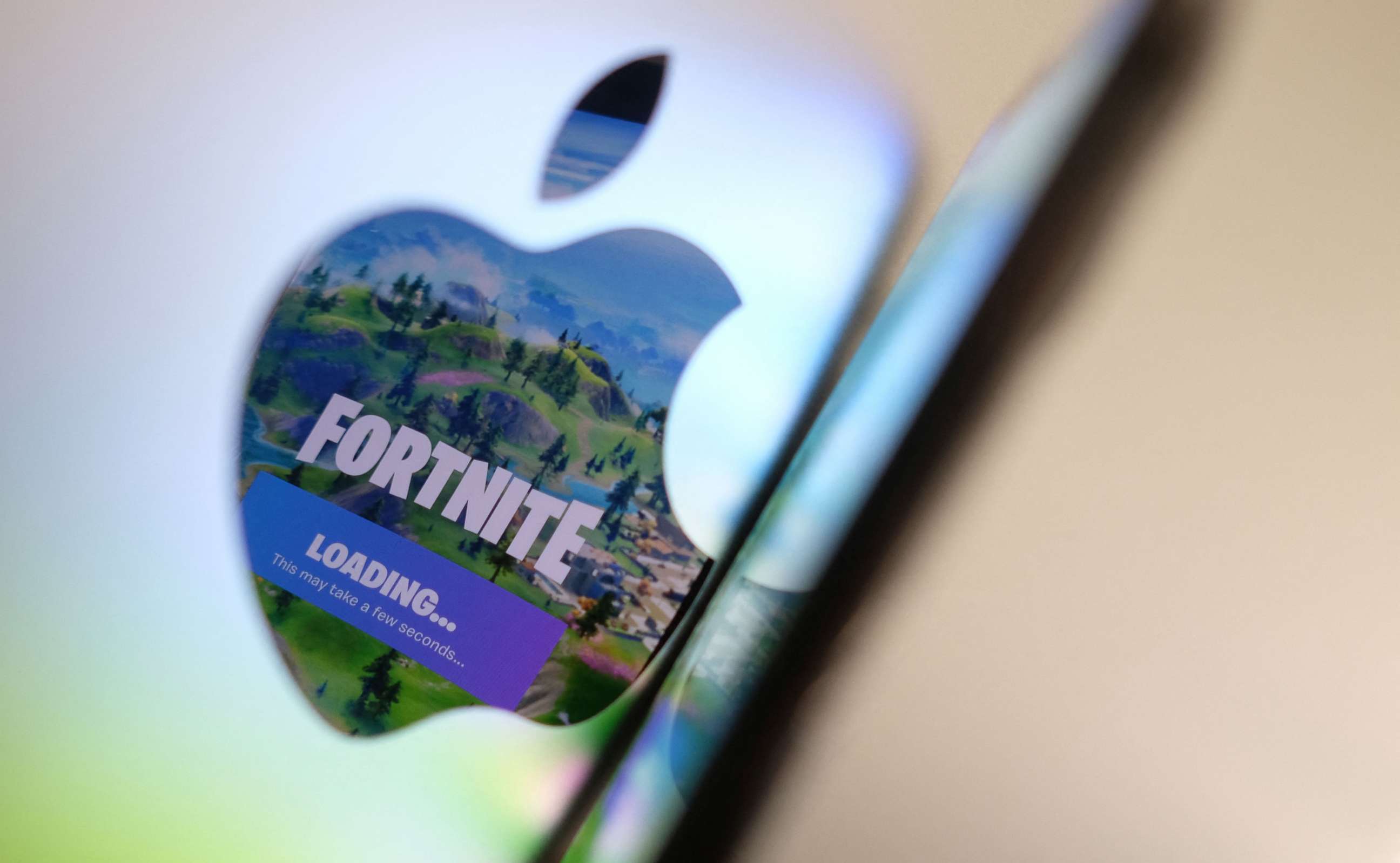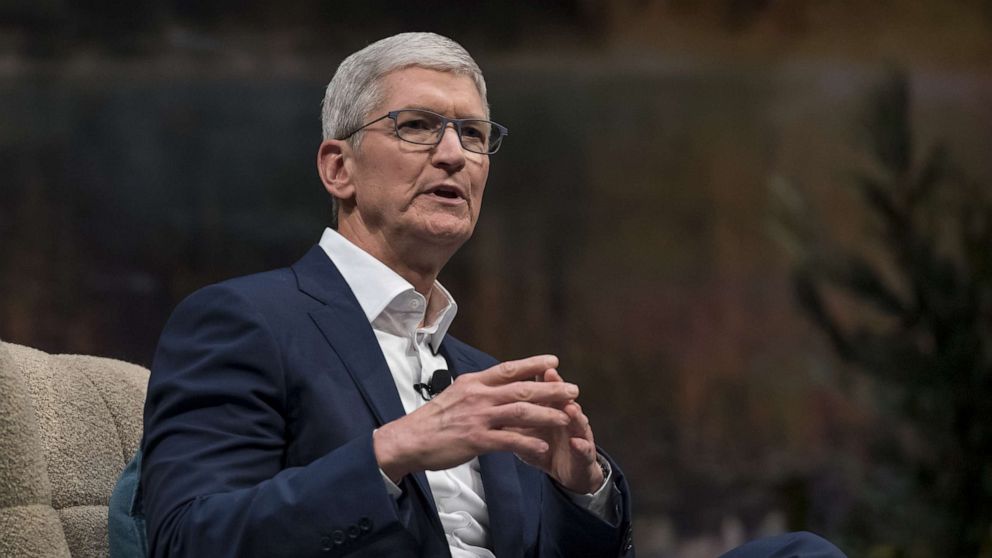What to know about 'Fortnite' maker Epic Games' high-stakes antitrust suit against Apple

CEO Tim Cook took the witness stand Friday as the high-stakes legal showdown between Apple and Epic Games, makers of the wildly-popular "Fortnite," heats up.
It marked the first time Cook testified in federal court as the company's chief executive, likely signaling the gravity of the lawsuit that accuses Apple of illegally wielding monopoly power over its App Store. The tech giant's alleged dominance over its App Store has also faced scrutiny from lawmakers.
The saga began last August, when Apple booted Fortnite from its App Store after its developers introduced a way for players to make in-app purchases (for game accessories like skins or weapons) directly in the game versus through Apple. Apple, which collected a 30% commission on in-app purchases, responded by dropping Fortnite from the App Store.

Epic Games then filed a lawsuit in the Northern California District Court on Aug. 13, accusing Apple of anti-competitive practices related to its App Store and its in-app payment processing system's "oppressive 30% tax on the sale of every app," according to the complaint.
Epic Games called Apple a "behemoth seeking to control markets, block competition, and stifle innovation," according to the court filing, adding, "Apple is bigger, more powerful, more entrenched, and more pernicious than the monopolists of yesteryear."
In a court filing last month, Apple argued that it has invested heavily in its App Store "ecosystem" at the benefit of consumers and developers alike. Apple estimates it has invested over $100 billion to support the iOS ecosystem.
The company argued that developers who do not agree with its terms "are free to develop web apps, not using Apple's proprietary software and tools, and distribute them directly to iOS users."

Apple especially emphasized its investments in privacy and security, claiming, "the iOS ecosystem is widely and correctly recognized as the safest, most secure, and most reliable mobile computing platform in the world."
"This benefits developers as well, since native iOS apps approved for distribution through the App Store find an established customer base," the court filing stated.
The company has also argued that it competes with other platforms in the digital games industry, charging similar commissions, including Nintendo, Sony and Microsoft.
Last November, Apple also announced that it was halving the commission it collects for smaller app developers that earn up to $1 million per year through its store to 15%. Moreover, Apple says some 84% of apps and 76% of games on its App Store are free, with developers paying no commission to Apple.

With millions of customers, the App Store is often cited as a key money maker for the tech giant. Last summer, Apple became the first American company to reach a market value of $2 trillion as its stock soared. A win for Epic Games could upend Apple's business model.
Epic Games said in its complaint it is not seeking monetary compensation, but rather injunctive relief "to allow fair competition in these two key markets that directly affect hundreds of millions of consumers and tens of thousands, if not more, of third-party app developers."




